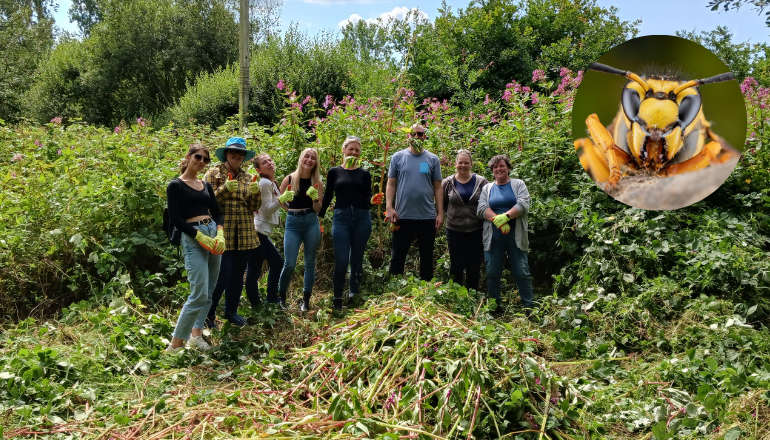
This week is Invasive Species Week, an annual national event to raise awareness of the impacts of invasive non-native species.
The week focuses on the simple things people can do to prevent their spread, and some of the fantastic work taking place across the Island to protect the environment and reduce their impacts.
Seb Taylor, the Invasive Species Officer at Natural Enterprise, is putting out a call for new volunteers to join the band of heroes who will be pulling Himalayan balsam from the Island’s beautiful water courses thus summer.
This is a chance to see parts of the island not normally visited and experience its wonderful wildlife.
Invasive non-native species are one of the main causes of global biodiversity loss.
In Britain they have contributed to dramatic declines of some native species and threaten many key sites, often causing irreversible damage.
They also have significant economic costs, estimated to be in excess of £1.7 billion per annum to the GB economy.
In some instances, the Isle of Wight is very lucky.
We do not have mink that has contributed to the collapse of the water vole population across England and Giant Hogweed rarely pops up.
However Japanese knotweed is common-place as are Himalayan balsam, Rhododendron and Bamboo.
Asian hornets started to reach England from France in 2016, and nests have been found just across the Solent.
The Isle of Wight Beekeepers keep watch for these unwelcome invaders who are highly effective predator of insects, including honey bees and other beneficial species, and can cause significant losses to bee colonies not just through predation, but also because bees are so terrified, they fail to prepare for winter and starve.
They also devastate fruit crops.

 Isle Of Wight Festival No Longer Sponsored By Barclays Following Protest Over War Ties
Isle Of Wight Festival No Longer Sponsored By Barclays Following Protest Over War Ties
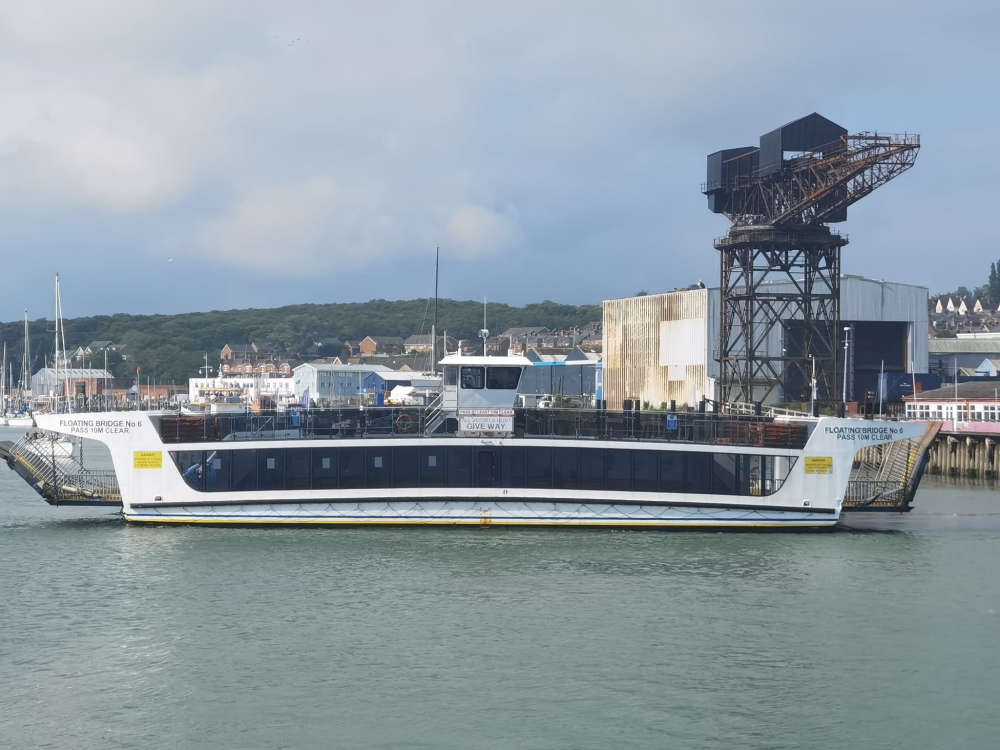 Yanking Our Chain! Floating Bridge Out Of Service With SECOND Problem This Week
Yanking Our Chain! Floating Bridge Out Of Service With SECOND Problem This Week
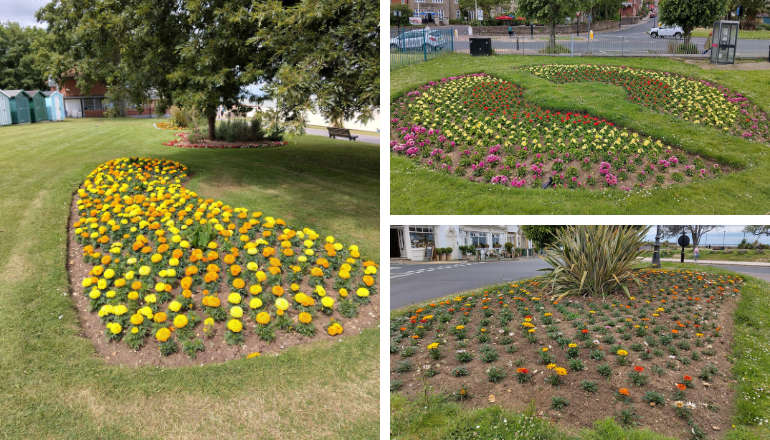 Beds And Borders Bloom To Brighten Ryde Interchange
Beds And Borders Bloom To Brighten Ryde Interchange
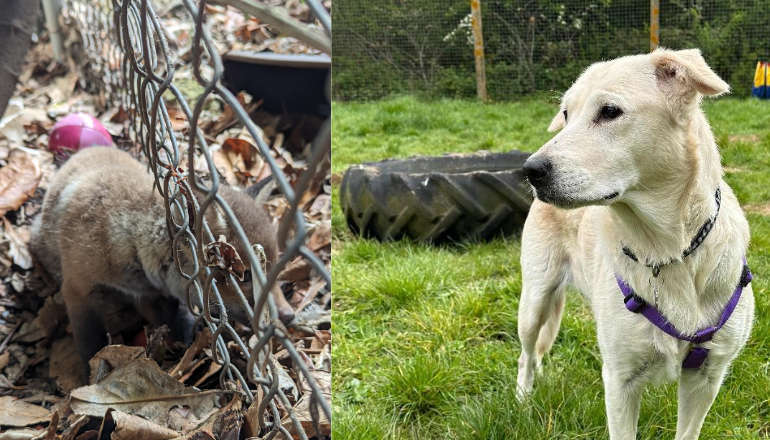 Rallying Call For Isle Of Wight As RSPCA Celebrates 200th birthday During 'Busiest Week'
Rallying Call For Isle Of Wight As RSPCA Celebrates 200th birthday During 'Busiest Week'
 Isle Of Wight Festival Artist Set Times Announced
Isle Of Wight Festival Artist Set Times Announced
 Army Air Corps Reserves Inbound
Army Air Corps Reserves Inbound
 Changes To Council Services During Isle Of Wight Festival
Changes To Council Services During Isle Of Wight Festival
 Isle Of Wight Festival Traffic Plan Released
Isle Of Wight Festival Traffic Plan Released
 Launch of Plastic Free Communities for Bembridge
Launch of Plastic Free Communities for Bembridge
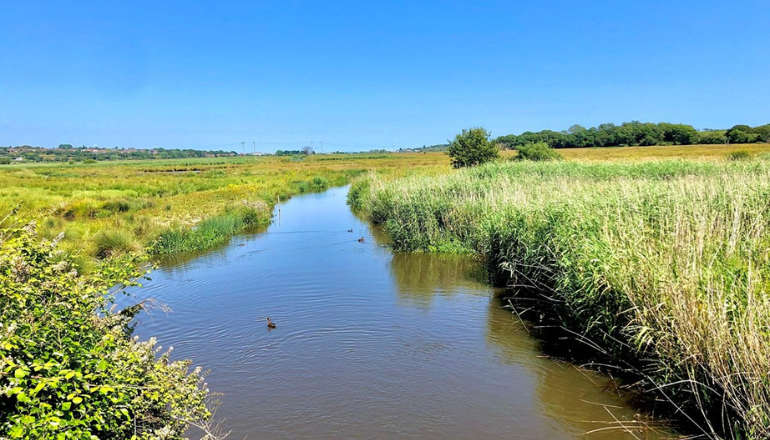 Isle Of Wight Breeding Birds Put At Risk By Trespasser — Make Sure You Know The Law
Isle Of Wight Breeding Birds Put At Risk By Trespasser — Make Sure You Know The Law
 Multiple Crews Tackle Blaze At Derelict Sandown Hotel
Multiple Crews Tackle Blaze At Derelict Sandown Hotel
 Headline Authors Announced As 2024 Isle Of Wight Literary Festival Launched
Headline Authors Announced As 2024 Isle Of Wight Literary Festival Launched
 Island And Southampton Artists Unite For MNDA Charity Cassette Release
Island And Southampton Artists Unite For MNDA Charity Cassette Release
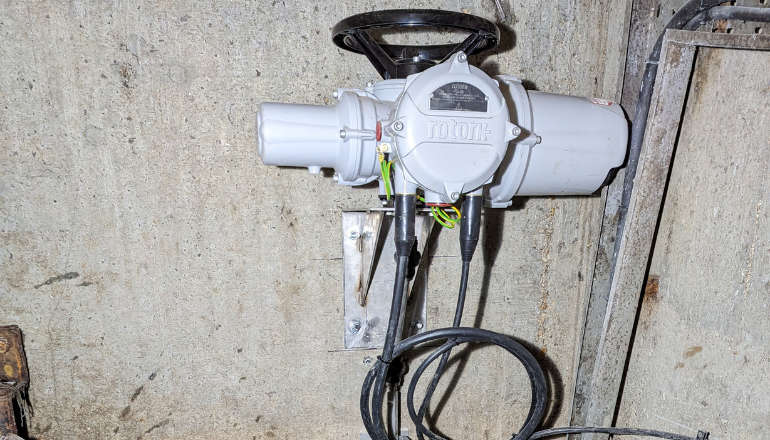 Cutting Edge Technology To Help Reduce Storm Overflows And Flooding On The Isle Of Wight
Cutting Edge Technology To Help Reduce Storm Overflows And Flooding On The Isle Of Wight
 Tributes Pour In For Popular Sportsman And Solicitor Ian Charles Michael Heal
Tributes Pour In For Popular Sportsman And Solicitor Ian Charles Michael Heal
 Police Called To Ryde Following Discovery Of Body Of Man In His 20s
Police Called To Ryde Following Discovery Of Body Of Man In His 20s
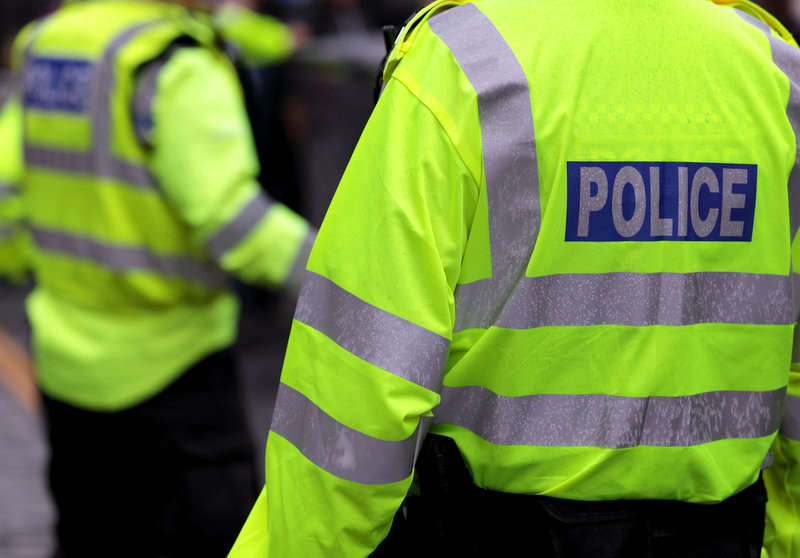 Cowes Man Tased Following Newport Assault
Cowes Man Tased Following Newport Assault
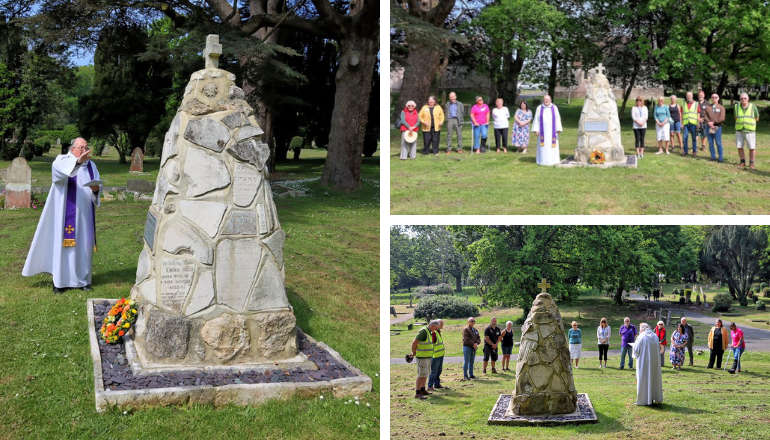 New Memorial Cairn Dedicated At Northwood Cemetery
New Memorial Cairn Dedicated At Northwood Cemetery
 Freshwater Skatepark Planning Permission Granted
Freshwater Skatepark Planning Permission Granted
 Police And Crime Commissioner Donna Jones Calls On Communities To Help Shape Policing
Police And Crime Commissioner Donna Jones Calls On Communities To Help Shape Policing


